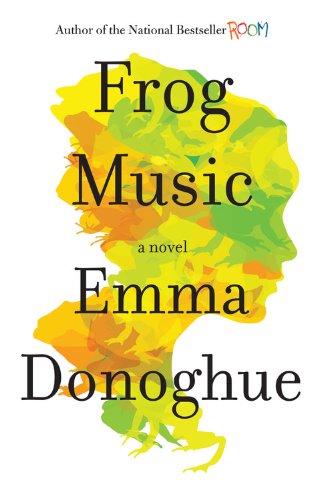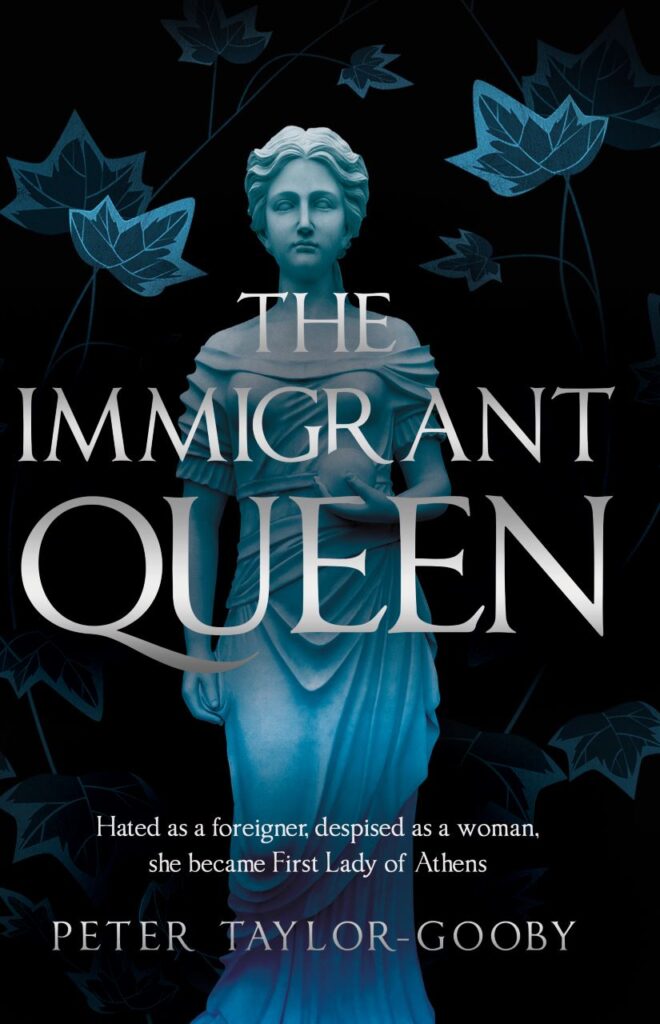Frog Music
Among Donoghue’s many talents is the ability to take little-known tidbits of history and weave intricate, page-turning tales about them. As she did with Slammerkin, she now does with Frog Music, in a brutal story about identity, gender, fear, and hatred. The facts about the unsolved murder of Jenny Bonnet are few: in 1876 San Francisco, she was known as the woman who caught frogs for restaurants to serve as a delicacy. She was also known as a trouser-sporting petty thief and general trouble-maker, and was repeatedly jailed on all counts – but mostly for the offense of wearing pants. In September of that year, during a smallpox epidemic and a months-long heat wave, she and French burlesque dancer-cum-prostitute Blanche Beunon travel to San Miguel Station, to avoid a confrontation with Blanche’s longtime lover Arthur Deneve and his friend Ernest Girard. There, Jenny is shot dead while she lies in bed, singing.
This is but the first of many violent scenes, as Blanche re-lives the events of the previous month that led to this bloody state. Interspersed with these flashbacks, Blanche struggles to move forward, frantically grasping at theories of who would have wanted Jenny (or herself) dead. Guesses range from wealthy madams, to crime bosses, to her former lovers, and Donoghue explores all these sordid avenues, with added subplots about Chinese immigrants, Blanche’s baby, P’tit, and the horrific state of contemporary childcare, at “baby farms” where most infants died of neglect. Readers wanting a happy, breezy book about life in San Francisco in the late 19th century will not find that here; indeed, the grueling hardships of existence – not to mention being female or an immigrant – are brought alive in vivid detail. Donoghue poses many questions that will haunt readers well after finishing this fact-based tale.










